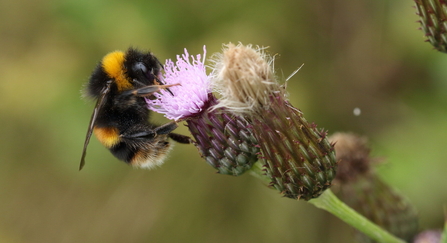Today, 18th January 2024, the UK Government’s Farming Minister, Mark Spencer, has approved ‘emergency’ authorisation for the use of the highly damaging neonicotinoid, Thiamethoxam, on sugar beet for the fourth year in a row. This pesticide has been banned in the UK since 2018 but has been approved for use on sugar beet crops in England. This announcement comes despite an industry commitment to end reliance on the banned pesticide by 2023.
Thiamethoxam is lethal - even a miniscule trace of this toxin can disrupt a bee’s ability to navigate and reproduce, significantly reducing the chance of survival. With a third of UK food crops pollinated by insects, and their contribution to the UK economy estimated at hundreds of millions of pounds per year - our food system cannot function without bees.
Research published in 2023 found harmful neonicotinoids present in more than 10% of English rivers, home to 3,800 invertebrate species, despite a widespread ban of these chemicals in 2018. Today’s decision will put the health of these rivers at even further risk.

